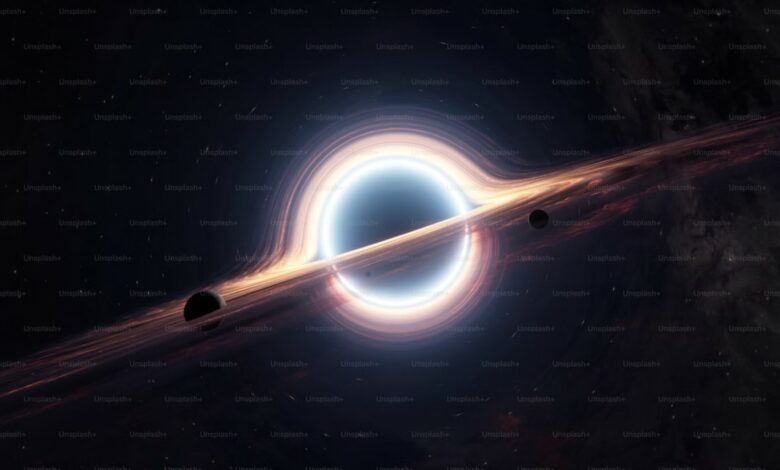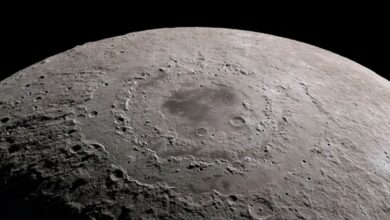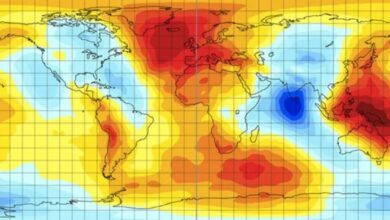Study finds possible link between black holes and dark energy

Astronomers are investigating a controversial idea that black holes may be linked to the accelerated expansion of the universe, driven by dark energy. It has long been believed that dark energy, a mysterious force that makes up about 70 percent of the universe, has been spreading evenly across space and pushing galaxies apart since shortly after the Big Bang. A study published in the Journal of Cosmology and Astroparticle Physics leans toward a link between dark energy and black holes. This work has sparked debate within the scientific community and provided evidence that black holes, formed by the collapse of massive stars, can contribute dark energy as they grow in size.
There are indications that there is a possible connection between dark energy and a black hole
According to the researchthe team used the Dark Energy Spectroscopic Instrument (DESI) on the Nicholas U. Mayall Telescope in Arizona. The team reportedly analyzed the data to estimate the amount of dark energy over the lifetime of the universe. Their findings suggest a parallel increase in dark energy density with black hole mass over time. Dr. Gregory Tarlé, a professor of physics at the University of Michigan and co-author of the study, argues that the gravity in black holes could reflect the early gravitational conditions of the universe. Tarlé describes the process as a “reverse inflation,” where the collapse of a massive star could generate dark energy, behaving like a big bang in reverse.
A solution to cosmology’s ‘Hubble tension’?
If validated, this hypothesis could also answer an ongoing mystery in cosmology called the ‘Hubble tension’ – the observation that different parts of the universe are expanding at different rates, causing inconsistencies in current models. The concept implies that black holes can influence these discrepancies. Dr. Duncan Farrah, an associate professor of physics at the University of Hawaii and co-author, noted that the findings point to a “plausible” connection, suggesting that black holes could indeed form.
affect dark energy levels in the universe.
While the study offers promising leads, the team emphasizes that additional research using instruments such as DESI will be essential to confirm these initial observations. Tarlé explained that the question of whether black holes contribute to dark energy is now “an experimental question,” marking a new chapter in our understanding of black holes and the forces that shape the cosmos.




